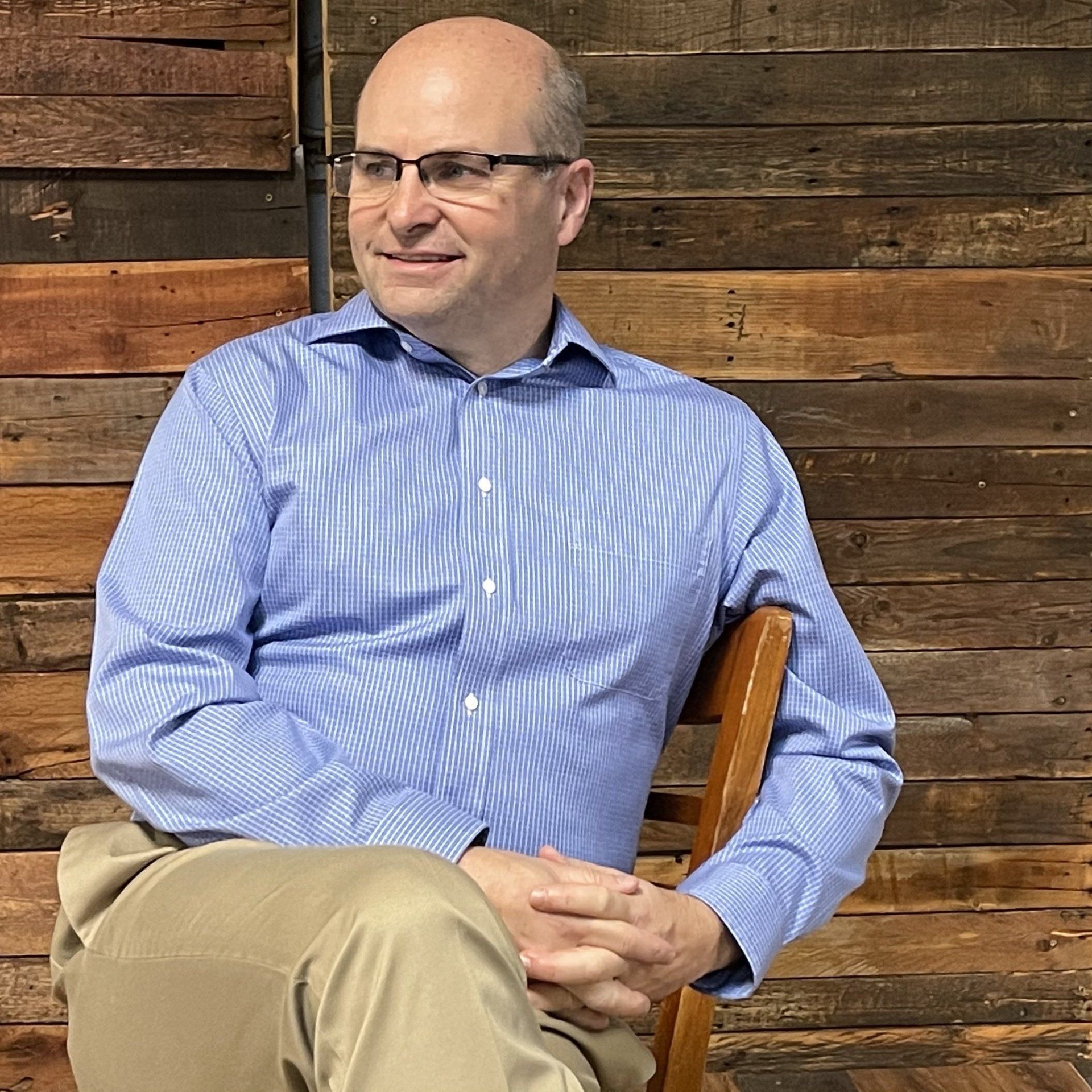Learn more about my book "The Courageous Ask"
Leader, You Have My Permission
Most of us have experienced
the beginning of a romantic relationship. It’s pretty uncomfortable, yet exciting, as we discover the personality traits, the likes and dislikes of a person we are attracted to.
We find out quickly what conversation is acceptable to that other person. Usually, in the beginning we craft our conversation and reactions around those things we find are acceptable to our romantic interest.
Why? Because we fear the rejection that might come if we stray outside those imaginary bounds that have been set up.
(Stick with me here)
(This blog focuses on starting a conversation centered on preventing the fall of nonprofit leaders. I write it from a Christian perspective, but all leaders will benefit. Be sure to sign up to receive these articles via email every Tuesday at briankreeger.com as well as taking a look at previous blog articles. In addition to receiving these articles two days before they hit social media, you will receive the article "5 Early Indicators of a Christian Nonprofit Leadership Fall" along with the Contents, Introduction and the Appendix (My story) of my book, The Courageous Ask: A Proactive Approach to Prevent the Fall of Christian Nonprofit Leaders.)
As the relationship goes on and the relationship develops, the boundary lines are expanded and we hopefully swim into uncharted waters. Come on, we have all walked away from a conversation in the beginning of a relationship astonished (and maybe giggling inside like a pre-teen) that we talked about “X.”
(We're almost there)
But what happens when your romantic interest delves into a topic that you never expected, but to your delight was brought up? Doesn’t that give you a kind of permission to share your views on “X” and how it has impacted your life? The relationship grows closer if you find you have things in common, right?
Especially when you find that you have your struggles in common, you no longer are alone in your struggle. Who knows where it might go from there?
So let’s cross this over to the relationships we have with our colleagues and peers. Don’t some of the same things happen (take away the romantic interest)? How hesitant are we to share the deepest struggles we are having, even though this may lead to the filling of a hole in us that is needed to propel us forward in confidence?
Yes, we have peer groups we get together with. We might even call them accountability groups. These groups are set up so we don’t feel alone and isolated, two of the big culprits in many leadership falls. The groups might share some best practices in leadership, but the goal is to get down to the nitty-gritty personally….to be real, to be transparent, to share.
You will never hear me speak negatively about these groups. They are so, so valuable.
Unfortunately, most of these groups only go to a level that is just beyond our comfort zone, the place that has the smallest amount of risk if exposed.
Several Christian leaders I interviewed told me they get a lot out of these groups, that they depend on them. But they also told me it is even hard for human weakness not to creep into these types of relationships, and that many times people want to talk more about how well they are doing as opposed to sharing their struggles.
Look, we all want to be thought of as successful within our peer groups. It’s part of human nature. But sometimes this desire can leave us with a false identity that leaves us empty at the end of the day. The fear of being fully known can find us cowering inside with an internal shame that envelopes us. This can prevent us from being spurred on to increased confidence and eventual success.
Most people feel much better when they do an emotional mind dump. Think of how good it feels to have that burden lifted when you let it out. Most people in their peer groups feel better when they learn others in those peer groups are dealing with some of the same things.
But, too often this doesn’t happen because we feel like we don’t have permission. What do I mean by that?
Recently I was interviewed on a
podcast
with Jon Rennie of Deep Leadership. During the podcast he revealed that he has a friend who runs a business who told him a few years ago he was dealing with depression. John then said that he did too. He thought it was just him. He felt relieved because he wasn’t alone in the battle.
As Jon continued talking about the conversation with his friend, he wisely articulated to me, “There’s a permission to talk about the subject now- because he brought it up we can talk about it. Now I know he struggles with some of these issues, so now we can talk about them. We have now opened up that dialogue path. Sometimes you have to find ways to open up the dialogue path.”
So how about it? Maybe the leaders you are in relationship with need you to open up that dialogue path. You might be the key to spurring a colleague or peer onto increased confidence and success as you talk about the struggles you legitimately have.
And think of the benefits for you.
There is a risk, but in most cases this risk comes with a great reward for you and/or your peers.
So go ahead….Share, Be Vulnerable, Open Up the Dialogue Path.
Don’t wait for someone else to start.
You have my permission.
Be Courageous, Be Proactive.
Be sure to sign up to receive these articles via email every Tuesday at
briankreeger.com. In addition to receiving these articles two days before they hit social media, you will receive the article "5 Early Indicators of a Christian Nonprofit Leadership Fall" along with the Contents, Introduction and the Appendix (My Story) of my book,
The Courageous Ask: A Proactive Approach to Prevent the Fall of Christian Nonprofit Leaders.
#Leadership Fall #Leadership Survival #Nonprofit Relationships #Proactive Approach #Leadership Struggles #Leadership Battles #Christian Executive Leader #Christian Leader #Courageous Ask #Proactive #Proactive Leadership






